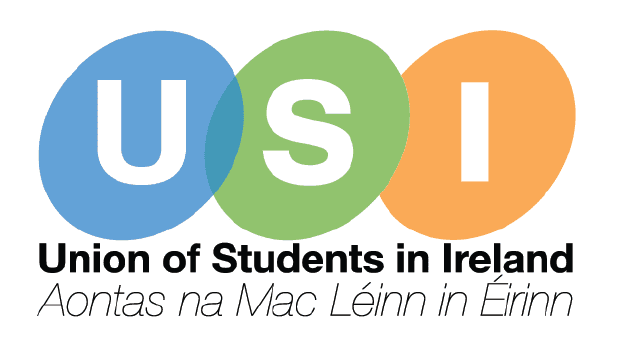[…]is €11,000 a year for students to live away from home, compared to €7,000 a year for those who live at home. Donoghue urged families and students from rural backgrounds to vote for a party who will increase students support such as the student assistant fund, grants (both undergraduate and postgraduate) and who will reduce the registration fee which currently stands at €3,000 a year. “For many families, education is already unaffordable.” Donoghue said. “It should be a right, not a privilege and while politicians say that free education would be too big a strain on the state, every other […]
[…]2013 there are 16,082 young people in long-term unemployment seeing majority of young people struggling on €100 p/w or €144 p/w and the will still struggle on the new rates with just a €2.70 increase a week. Ireland currently has the fourth highest number of young people who are ‘Not in Employment, Education or Training’ (NEETs) in the European Union with 18.4% compared with the EU average of 12.9% (EuroStat, 2014). Even if young job-seekers entered the Labour Market earning minimum wage the weekly take home pay (minus USC) is approximately €329. This should be considered a financial incentive to […]
[…] their particular skills and expertise, and to be able to develop practical skills valued by recruiters that assist them in their first foray into the employment market. The USI is hopeful that the ‘Future Focus’ campaign and roadshow facilitates this and USI want to thank our partners in HAYS Recruitment and Carr Communications for making it possible”. Hays Ireland Director James Milligan said; “We are really pleased to have this opportunity to work with USI to help up-skill students for their impending job searches. It’s amazing how many jobseekers make simple mistakes in the process of searching for a new […]
[…]poverty line while working. The USI has made several submissions to the Low Pay Commission – the latest in March 2020 – outlining its argument that the Living Wage is the gross pay necessary to provide a minimum adequate income. The calculation of the Living Wage is evidence based, built on budget standards research and grounded in social consensus. The USI believes that the Living Wage would prevent exploitation, ensure minimum standards in terms of compensation and prevent race-to-the-bottom wage competition, while also protecting students and other vulnerable groups, including migrants. As the Irish Living Wage campaign (www.livingwage.ie) outlines: “Earnings […]
[…]of tenants in Ireland and addresses the most pressing issues of students in the private rental market. The most prevalent problems for students in the private rental sector are: increasing difficulty to find accommodation; high, unaffordable rents; reluctance of landlords to rent to students; low quality accommodation; significant distances from college; vague deposit deductions without cost breakdowns; lack of written lease agreements and lack of regulations. In the housing market, students are competing with those who can pay higher rents and therefore are very often priced out, ignored and rejected by the landlords. This gives rise to homelessness, […]
